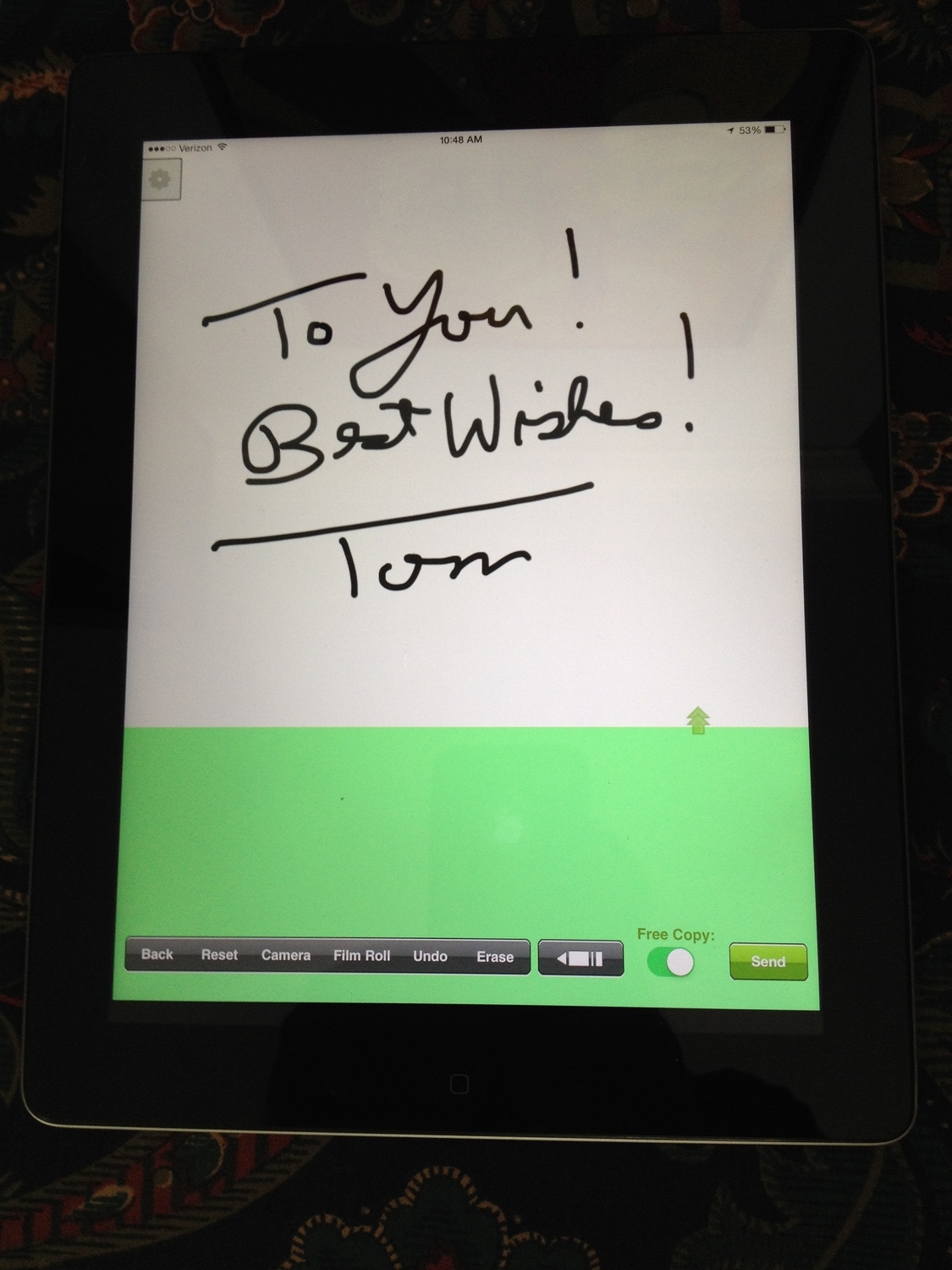The most talented people often have the most anxiety and fear. And there's a reason for that. Once it's understood, it can be overcome.
First, some background. In an airport bookstore a week or two ago, I bought a fascinating book, The Work: My Search for a Life that Matters, by Wes Moore. He's the author of a previous bestseller, The Other Wes Moore, whose story is that he found out about another young man who was around his age, living just blocks away in the same tough neighborhood, who had the same name, and who had experienced a very different path in life. When our author, Wes Moore, was graduating from Valley Forge Military Academy, and Johns Hopkins University, and going off to Oxford as a Rhodes Scholar, and then working as a trader in financial services in London before serving in Afghanistan as a Captain in the US Army, and then becoming a White House Fellow and working with Condoleezza Rice at the State Department, speaking at the Democratic Convention and on and on, the other Wes Moore, who shared such a similar childhood, was sitting in prison for life, convicted of murder. Our Wes Moore wanted to understand that.
In the book I'm reading now, The Work, there are lots of great passages on life struggle and success. In one, Moore reflects on talent and fear and the importance of confidence. He writes, on page 155:
I began to recognize that the best decisions I had made in my life were the ones where I let go of fear and had confidence in myself, my training, and God. Ironically, each success fostered a momentary amnesia about its foundation. I found myself in a complicated place where the more "successful" I became, the more I clung to "safety," almost as if I'd completely forgotten most of the tenets that had made me successful in the first place.
He goes on to write, in the next paragraph, about a fellow Rhodes Scholar and says:
He would joke with me about how sometimes the people with the most promise are also the most fearful, and in many cases fear is what keeps the promise from turning into action.
I've seen this in my own life and in the lives of countless people. Talent brings high expectations, and we become fearful of disappointing other people, as well as ourselves. What if we try and fail? What if I fall on my face? What if I give it my best shot and the world knocks me back on my butt? We think that would be terrible. We imagine it as monumentally embarrassing. It evokes in us a great fear. So we hesitate trying at all. We play it safe. And that prevents the success we could have had.
When we understand this dynamic, we can overcome it, as our high achieving Wes Moore has. There is no "safe" in life apart from using our gifts and talents to the full, regardless of whether the world seems to embrace or dismiss us. Rather than thinking about expectations and fearing disappointments, we should focus on possibilities, and pursue what we think is right, regardless of how we think it might work out. In the end, that mindset is even more important than talent, and is what Captain Wes Moore, or at least his counterparts in military strategy, might call a "force multiplier." Confidence is just the decision to go forth with what you have, and do whatever you can, for the good of others, and in fulfillment of your own potential in life.
When fear gives way to fortitude and faith, great and fortuitous things can happen.













































